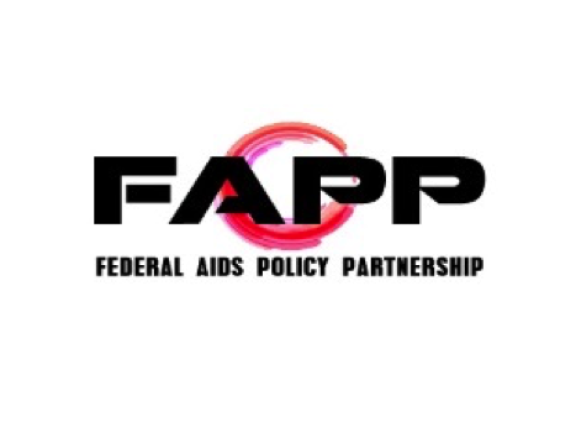World AIDS Day 2017: CHLP Joins FAPP Demanding Defeat of GOP Tax Bill

Every year World AIDS Day represents an opportunity to reflect on the lives lost to the AIDS epidemic, acknowledge the progress our movements have made and rededicate ourselves to the work yet to be done. This year, in the face of dwindling federal leadership on HIV prevention and education, and constant attacks on health care that would have negative implications for the lives and health of PLHIV--even today with the threat of a “tax plan” that will take health care away from millions--we must also rededicate ourselves to speak out, to act up and to resist.
Today for World AIDS Day, citing the negative consequences for PLHIV and the movement to defeat the HIV epidemic, CHLP joins the Federal AIDS Policy Partnership (FAPP) in calling on our elected officials to defeat the tax bill before the Senate. Join us, call your senators now at 202-224-3121 and urge them to oppose the destructive Senate tax cut bill. As always, the proof of what you believe is the action that you take.
Senate and House Tax Bills Threaten Efforts to End the HIV Pandemic
On World AIDS Day the HIV community honors lives lost and progress made in fighting the HIV pandemic. We are grateful for the federal investment in responding to the HIV pandemic and take stock of the critical work ahead. On this World AIDS Day, we also are deeply concerned about the impact that passage of the tax bill under consideration in the Senate, and the bill passed by the House of Representatives, would have on our ability to end the HIV pandemic.
We, the undersigned organizations, urge Congressional members not to support tax legislation that raises federal deficits by substantial amounts (the Senate bill and House-passed bill would raise the deficit by $1.4 trillion over 10 years) or repeals the Affordable Care Act’s individual mandate to purchase healthcare insurance. Large deficit spending will trigger $25 billion in automatic cuts to the Medicare program and eliminate funding for the Prevention and Public Health Fund that accounts for 12 percent of the Centers for Disease Control and Prevention’s budget. In addition, the loss of revenue coupled with growing federal deficits will force cuts to the healthcare and safety-net programs that people at risk for or living with HIV count on to stay healthy and to have high quality, productive lives.
The repeal of the individual mandate will increase the number of uninsured by 13 million Americans and likely leave individual coverage unaffordable for many people with HIV and others with pre-existing conditions whose lives depend on access to healthcare. While short-term stabilization efforts are necessary and important, as confirmed by the Congressional Budget Office, they cannot replace the individual mandate that supports the diverse and robust health insurance risk pool necessary to keep healthcare coverage accessible for us all.
In the U.S., 1.1 million people are living with HIV and worldwide 36.7 million people are living with HIV. We urge Congressional members to consider them and their families by not passing a fiscally irresponsible bill that will have long and far reaching consequences for people living with HIV and for our ability to end the HIV pandemic.